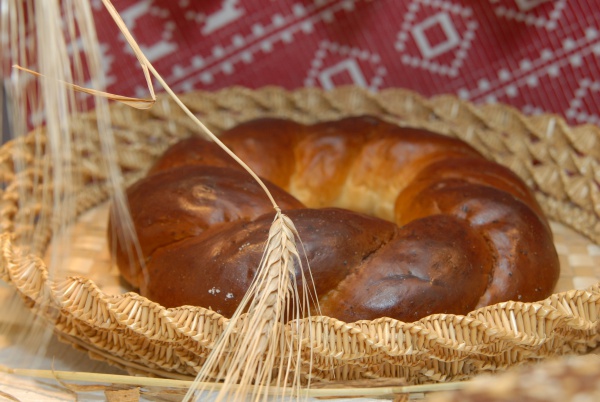Facts About Kalach
Kalach, known by various names such as kalács, kolach, kolač, or colac, is a cherished traditional bread from Eastern Europe, often featured at ritual meals and special occasions. The word "kalach" originates from the Old Slavonic term "kolo" which means "circle" or "wheel."
In Hungary, kalács is a sweet, brioche-like bread, commonly braided and integral to Easter celebrations. In Romania, colac is a similar braided bread, but it is typically reserved for festive moments such as Christmas and weddings. In Russia, kalach refers to a twisted white bread, although historically, the term was used for any kind of white bread. Ukrainian kolaches can be either ring-shaped or oblong, made with wheat flour, and they symbolize luck and prosperity. These breads are often prepared for events such as Christmas Eve and funerals.
Kalach holds deep cultural significance, especially in Russia, where it is even referenced in sayings and surnames. In Ukraine, kolach is woven into various ceremonies, from fertility blessings to funeral rituals. If you ever visit L'viv, Ukraine, you can explore the Bread Museum to see beautifully crafted kalach, paska, and babka on display.

 Poland
Poland